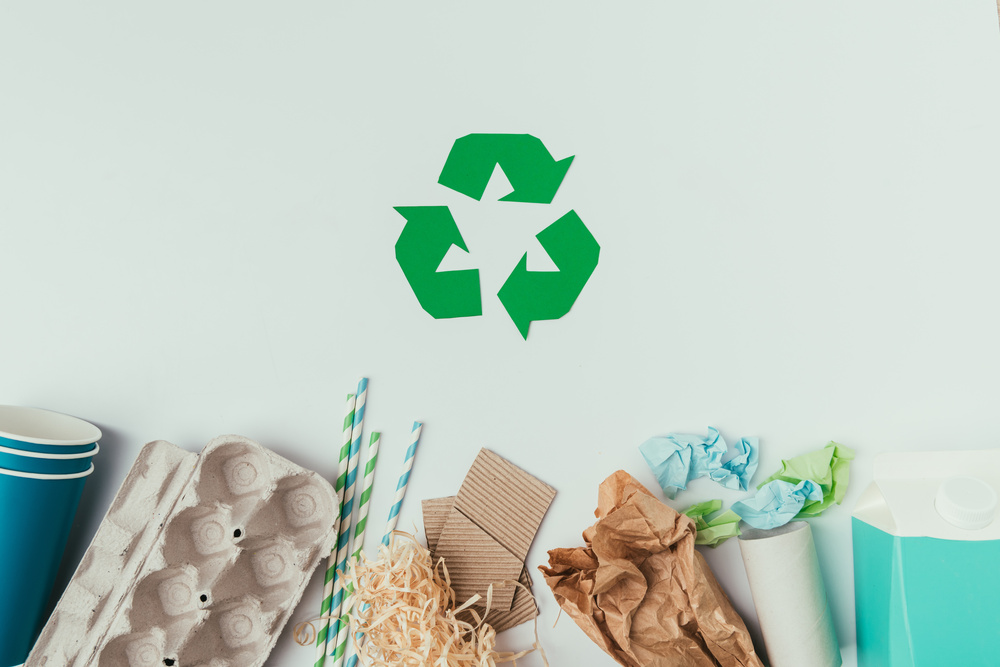Plastic Odyssey Embarks on a 3-Year Around the World Cruise Teaching About Recycling

A former research ship renamed and repurposed for something completely new, recently left the port of Marseille for a 3-year cruise around the world. But this will be no pleasure cruise. Rather, the Plastic Odyssey will be visiting 30 ports on three continents where they will teach locals the benefits of plastic recycling.
The project’s founder and his crew aim to raise awareness about plastic pollution at every stop. They also hope to train local entrepreneurs on how to use innovative, low-tech ways to effectively recycle plastic at a profit. Teaching them how to make money by recycling is one of the best ways to incentivize locals to do so.
Promoting Two of the Three Rs
A big part of the project’s message is two of the three ‘Rs’ of waste management. The project’s efforts will focus on reducing and recycling along with a third they have added to the mix: respond.
Reducing is all about using less plastic. It is about rethinking how we package products in order to avoid plastic packaging. And of course, reducing the number of single-use plastic items we manufacture, like plastic cups for example, is important as well.
Recycling is something we are all familiar with. It is an important part of our mission here at Seraphim Plastics. The more plastic waste we can recycle, the less ends up in landfills.
Respond Collectively
The third ‘R’ adds a new element to the equation. During its 3-year mission, the Plastic Odyssey’s crew intends to teach people how they can respond collectively to the plastic problem in order to create a more sustainable future. Responding collectively is what gets people engaged. It is what gets them involved in doing something about things they care about.
Hopefully, the people reached by the Plastic Odyssey will learn to respond in meaningful ways, utilizing meaningful strategies that actually accomplish something. Far too often, projects of this nature get people to think about a problem for a while but don’t give them any effective tools for addressing it. Then, shortly after it’s all over, people go on with their lives and forget everything they learned.
Anything Is Possible
We are fully behind any effort to teach the world how to do better at recycling plastic waste. We are firm believers in the idea that anything is possible. Not only that, but we also prove every day that effective recycling can be profitable if the right business model is employed. When there is profit to be made, recycling is quite effective.
We don’t know what types of things the Plastic Odyssey crew will be teaching the people they will meet on their journey. But we do know that recycling scrap plastic waste can be done effectively. It is what we do.
We buy all sorts of industrial plastics covering everything from plastic purge to pallets and baled PET water bottles. We truck the materials back to our facilities, run them through a series of grinders to reduce them to plastic regrind, and sell the regrind to manufacturers.
Low-Tech but Effective
Both our business model and methodologies are decidedly low-tech. But they are also effective. Perhaps that’s the most important aspect to effective plastic recycling. Maybe the best methods for keeping plastic out of landfills and waterways are low-tech methods that do not require a lot of expensive machinery and science that very few people understand.
The Plastic Odyssey is on its way as it seeks to educate people on three continents about plastic recycling. It will be fascinating to see what they achieve over the next 36 months or so.